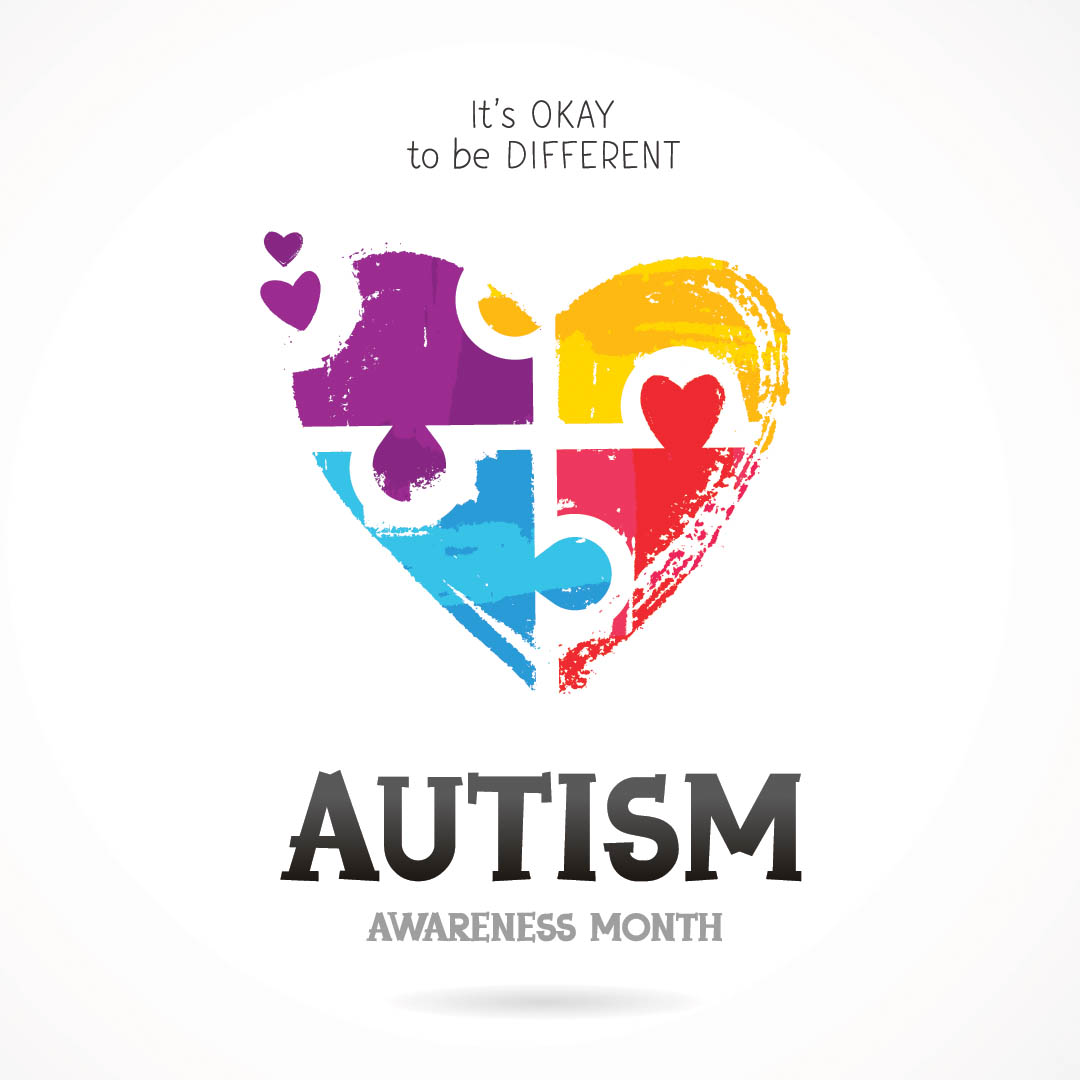Autism spectrum disorder (ASD), previously known as autism, is a complex, lifelong developmental disability. While the disorder is life-lasting, individuals with ASD can benefit from early diagnosis, intervention and ongoing therapies to support healthy development.
What is ASD?
Autism spectrum disorder is a neurodevelopmental disorder often diagnosed in early childhood. While ASD presents differently in everyone, it is generally characterized by:
- Delayed or impaired verbal and nonverbal communication skills
- Difficulty managing social interactions
- Inability to self-regulate
- Repetitive patterns of behavior, interests or activities
- Heightened sensory issues
How common is ASD in children?
In recent years, the rate at which children in the United States are diagnosed with ASD has risen steadily and dramatically. In 2000, statistics showed 1 in 150 children was diagnosed. Fast forward to 2021, when the CDC reported 1 in 44 children is diagnosed with ASD. Why the increase? Verywell Health says, “there’s no way to pinpoint an exact reason for this increase, but it’s likely that significant changes in diagnostic criteria and reporting practices, in addition to greater awareness and possibly environmental factors.”
ASD is more prevalent in boys than girls. In fact, boys are four times more likely than girls to have the disorder. And ASD affects all racial and socioeconomic groups, yet minority children are diagnosed later and less often. (Source: Autism Speaks)
What causes ASD?
While there is no specific cause of ASD, research suggests that risk factors play a role in ASD diagnoses. Those factors include a genetic component (research shows that most cases involve a genetic link) and increased gestational age. Children born to older parents are at a higher risk of having ASD. Further, extensive research concludes that there is no link between childhood vaccinations and ASD.
What does it mean to be “on the spectrum”?
As a spectrum disorder, autism is diagnosed based on a set of behavioral and developmental indicators. Then, an individual is evaluated to determine where they fit along with that full range of determining factors.
What are the signs of ASD in children?
Many children with ASD can have atypical, delayed or complete absence of language development. As a result, they often exhibit persistent difficulty with communication and interpersonal skills. This can be evident in situations such as when playing with other children: they might not pick up on basic social cues such as sharing or taking turns or avoid group play altogether. Because of these challenges, children with ASD can also have difficulty making and keeping friends. Children with ASD often repeat things; can have difficulty making and keeping eye contact; and may have attention weaknesses and poor motor skills coordination. Some children with ASD also have a heightened sensitivity to senses such as tastes and sounds. In some cases, ASD is accompanied by intellectual disabilities where the child may not be meeting essential age-appropriate milestones.
If your child exhibits signs of ASD, what are the next steps?
Early detection and intervention are the best-case scenarios for enabling and empowering healthy development in children with ASD. We know that early intervention can improve learning, communication, social skills and brain development. As such, these steps are critical:
- Take your child to well-visit checkups. In addition to keeping your child up to date on vaccinations, well-visit checkups allow your physician to assess your child’s development over time. During these visits, your doctor will ask basic screening questions and gauge your child’s response to age-appropriate milestone testing, such as making eye contact and reaching for objects.
- Advocate for your child. You know your child best. And unlike a teacher or physician, you likely spend the most time with your child—so you know their behavior and developmental patterns. So, when you meet with your physician, be prepared to voice your concerns, ask questions and push for testing to get a complete diagnosis.
- Get a professional evaluation. There are various ASD assessments used to identify the disorder or rule it out. These comprehensive evaluations are conducted by a licensed psychologist and study a child’s communication, behavior and developmental responses to the screening test elements.
PMHC has Board Certified licensed psychologists and psychiatrists who perform comprehensive evaluations and comprehensive autism assessments using the Childhood Autism Readings Scale. The test assesses the child’s level of function, studying such things as imitating, communicating, and adapting to change. Our team of qualified psychiatrists has experience in treating infants through adults. Schedule an evaluation.
- Formulate a plan. Based on the results of ASD developmental tests, meet with your doctor to discuss what treatment options look like for your child. Because every case is different, no two treatment plans will be the same. For example, some children may benefit from speech and occupational therapy, while others need more intensive behavioral intervention.
Studies show that early intervention and ongoing, targeted therapies can be effective for improving IQ, language ability and social interaction skills in children with ASD. So, if you’re seeking more information about how to best help your child, reach out to PMHC to start the conversation. We offer screenings in our Philadelphia-area locations as well as telehealth appointments. Call 215-735-9379, extension 123. We’re here to help.
Dr. Janee’ Stevenson
Licensed Psychologist

